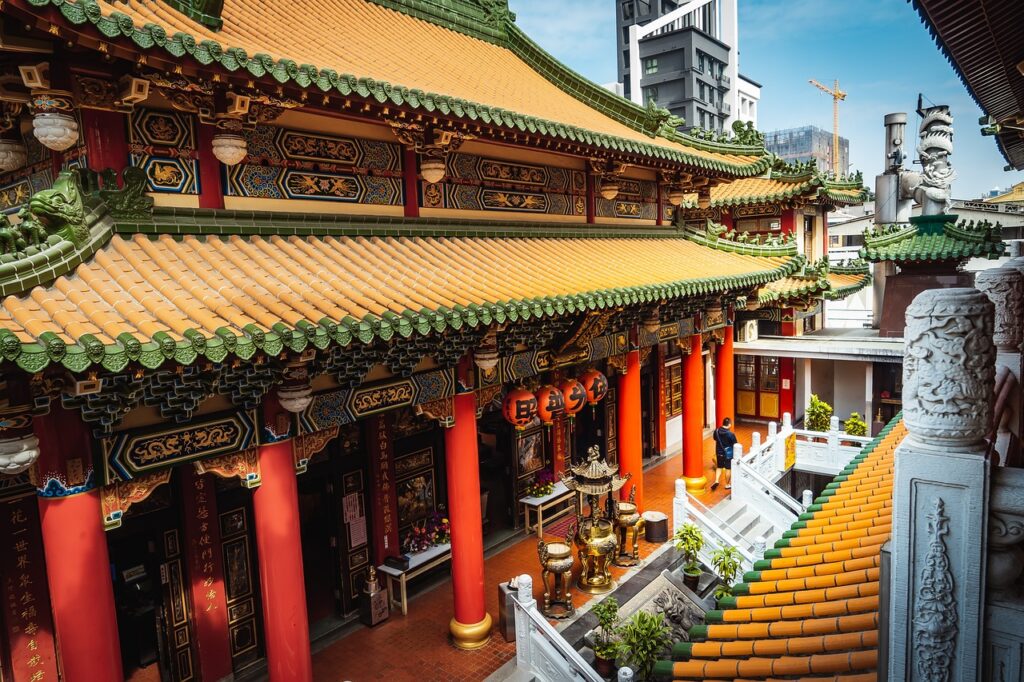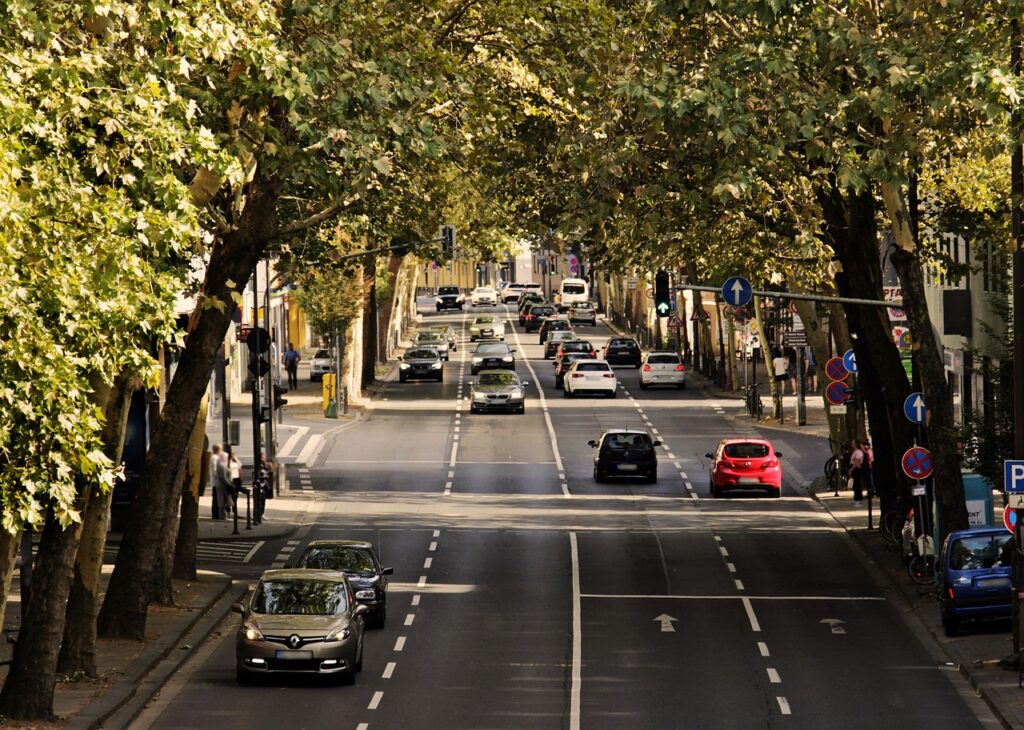With the implementation of China's 144-hour visa-free policy, more and more international tourists are taking this opportunity to visit China for a short experience and exploration. Many foreign bloggers mentioned a common observation in their travel vlogs - the streets in China are surprisingly quiet. This phenomenon not only makes them feel novel, but also triggers further thinking about living environment and cultural differences.
The quiet streets of China
First, compared with other Asian countries, the streets of Chinese cities appear cleaner and more orderly. This is mainly due to strict traffic rules and advanced infrastructure. For example, in big cities such as Beijing and Shanghai, the popularity of electric vehicles has greatly reduced traffic noise. In addition, urban management strictly enforces the ban on honking, limiting vehicles from honking at will, which is uncommon in many Asian countries.
Furthermore, urban greening and environmental governance also contribute to the sense of tranquility. Many cities in China have actively promoted greening plans, and the coverage of trees and grass helps absorb and reduce noise. The unremitting efforts of urban management and sanitation workers keep the city clean and tidy, indirectly improving the quality of the living environment.

The diversity and challenges of overseas life
Compared with the quiet and orderly urban environment in China, many overseas study or work experiences are full of diversity and challenges. Abroad, especially in Europe and the United States, the vitality of cities is often accompanied by high noise levels. The streets are densely populated with vehicles, and the roar of motorcycles and the sirens of emergency vehicles are the norm. In addition, differences in urban planning and traffic management make the streets of some foreign cities appear more crowded and noisy.
Social and cultural differences also have a profound impact on the experience of living abroad. For example, in the United States or Europe, individualism is more prevalent, which affects people's social methods and pace of life. In China, the collectivist cultural background prompts people to pay more attention to the harmony of the community and family.

Living environment with different advantages
Each living environment has its own unique advantages. Chinese cities are loved by foreign tourists because of their quietness, safety and orderliness. This environment is suitable for people who seek stability and family life. On the contrary, foreign cities attract young people who want to explore new things and challenge themselves with their open and free lifestyle.
In conclusion, whether living in China or abroad, each experience has its irreplaceable value. For those who desire a quiet life, Chinese cities provide a superior environment; and for those who seek challenges and diversity, foreign experiences provide a broad platform. Understanding and respecting these differences is the key to our ability to better adapt to and enjoy life in the era of globalization.